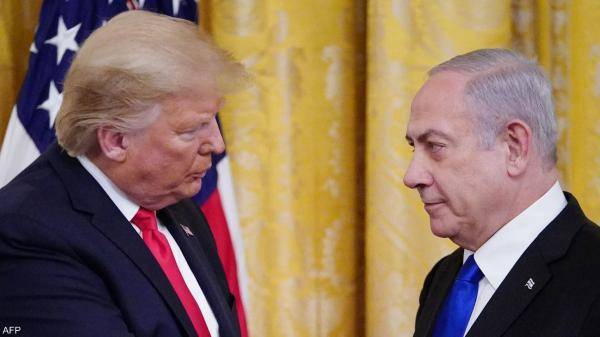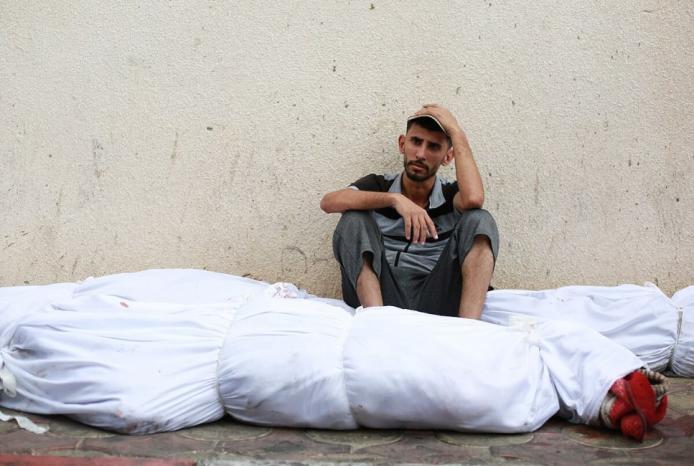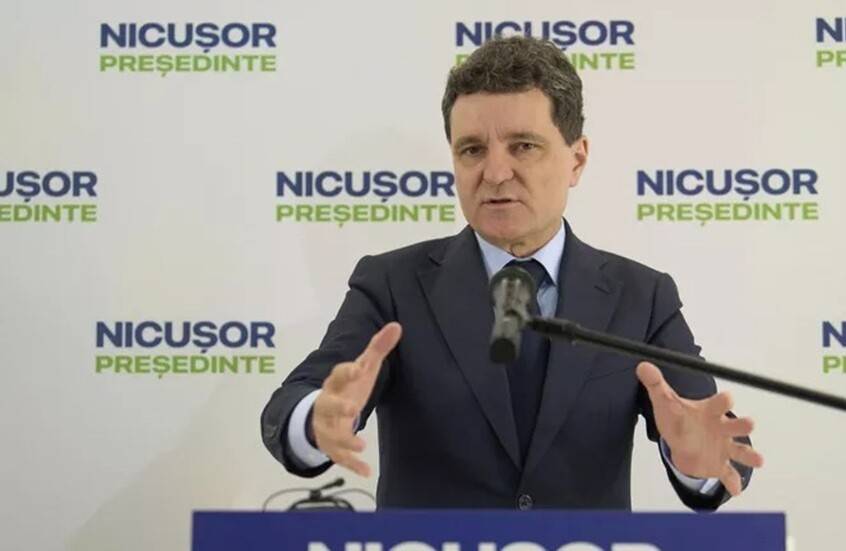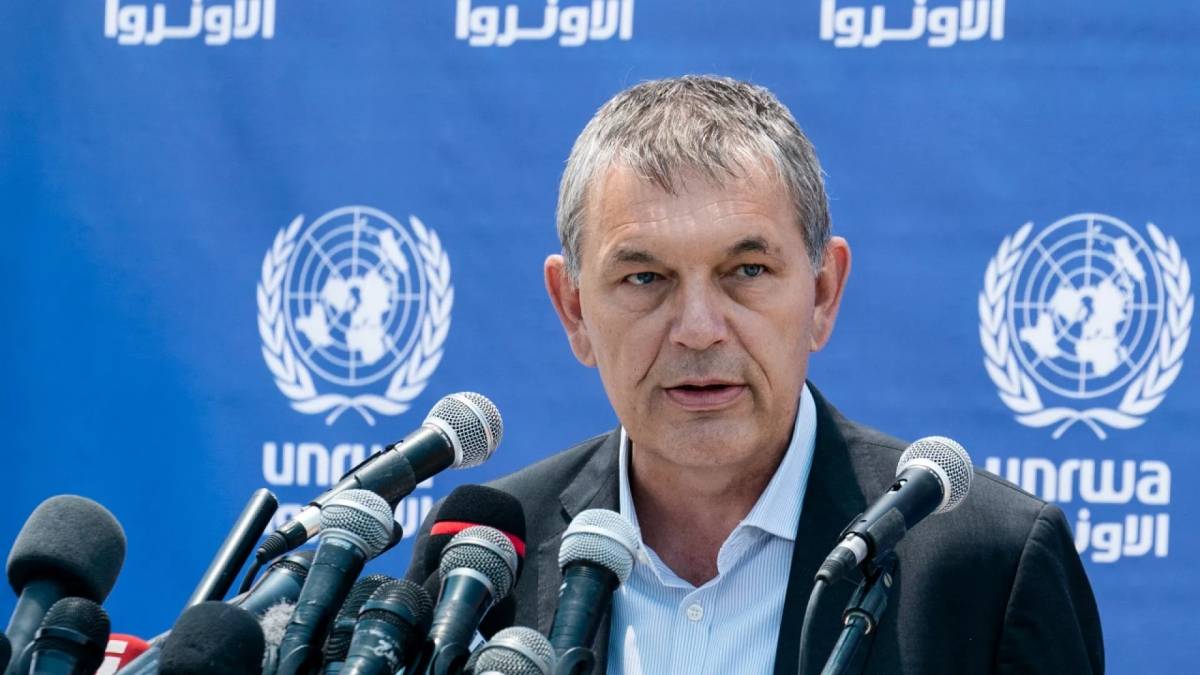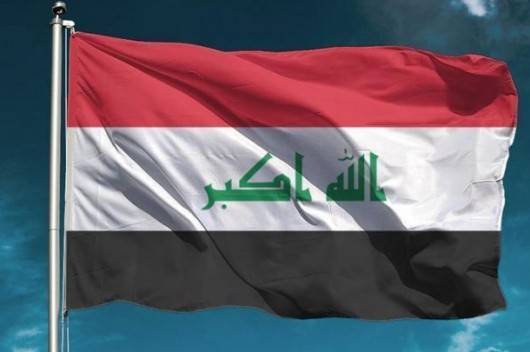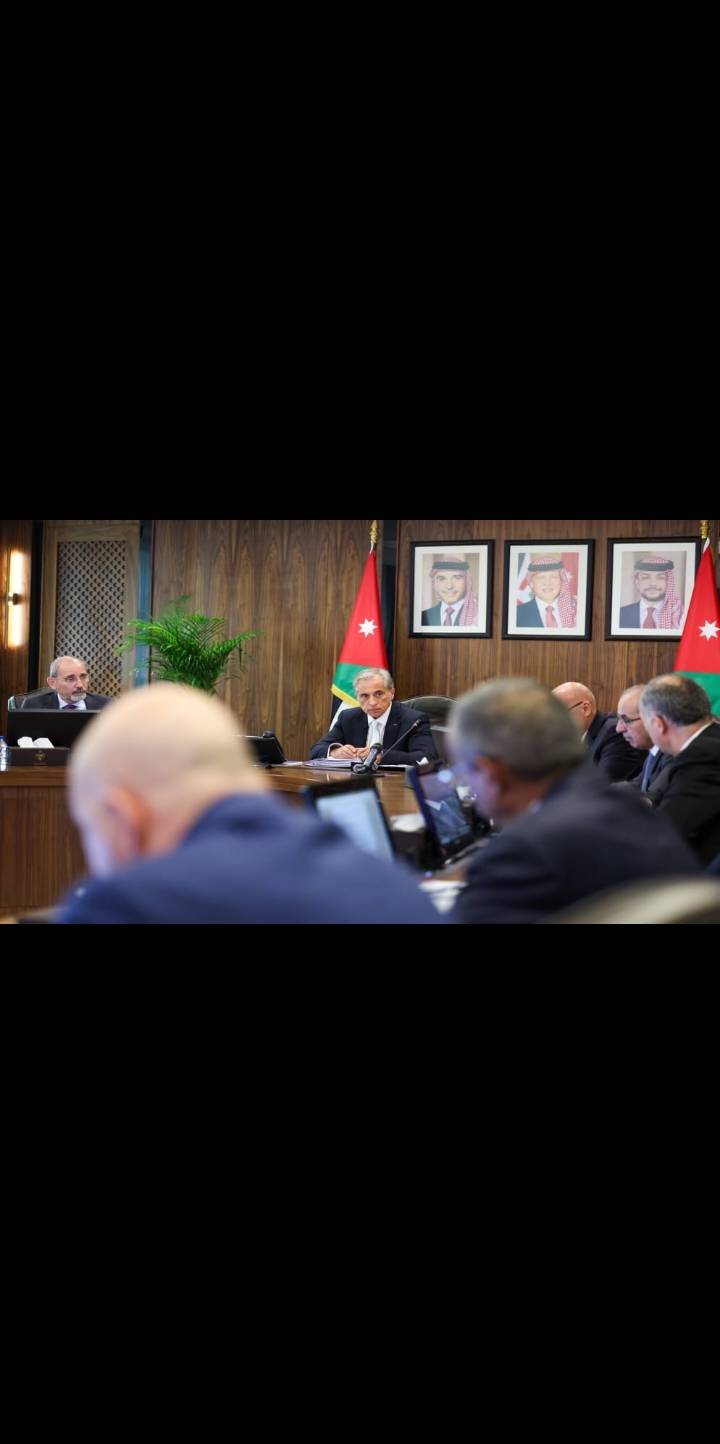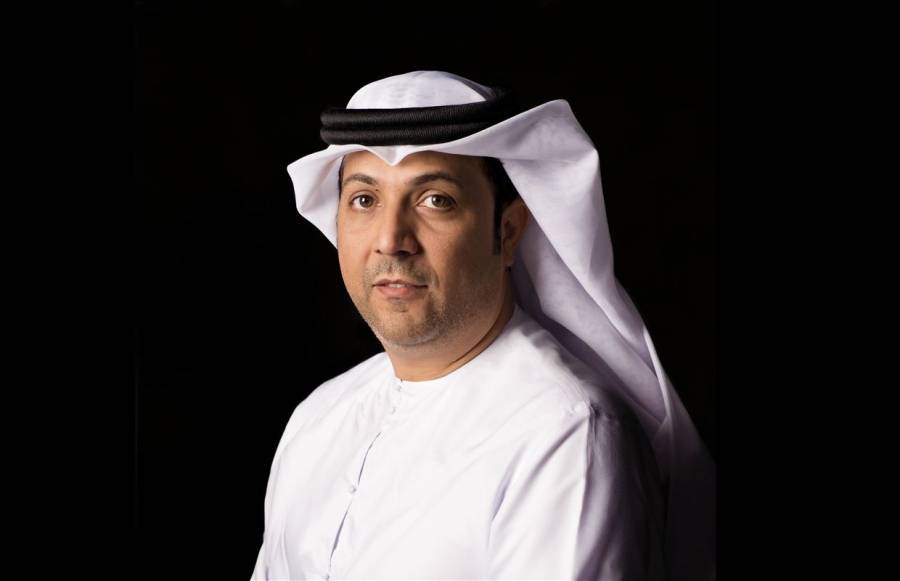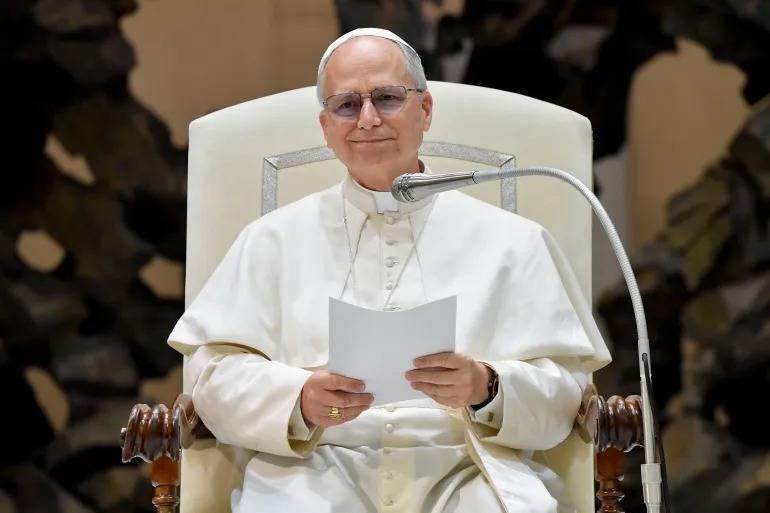The Washington PostOpinion: Antony Blinken: Defending Israel is essential. So is aiding civilians in Gaza.
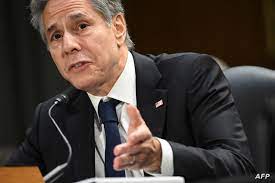
On Oct. 20, President Biden requested funding from Congress that is vital to America’s national security. Congress’s swift support will allow us to continue aiding Ukraine as it defends its democracy, its land and its people against Russia’s war of aggression. It will strengthen our hand in an intensifying strategic competition with China. And it will ensure we can help Israel defend itself, while aiding Palestinian civilians caught in a cross-fire of Hamas’s making.
Taken together, this investment will show the United States’ unwavering resolve in standing with our allies and partners, standing up to autocrats and terrorists, and standing for an international order that safeguards America’s interests and values. Some in Congress are making the case to fund only parts of the president’s request, including proposals to cut out all humanitarian assistance to civilians in Gaza. That would be a grave mistake.
It will deepen the suffering of more than 2 million Palestinian civilians — including women, children, the elderly, people with disabilities and other vulnerable populations — who have nothing to do with Hamas’s deplorable attacks. It will undercut Israel’s security and regional stability. And it will worsen problems and risks that will end up costing American taxpayers many magnitudes more over time. From the moment Hamas slaughtered more than 1,400 people in Israel, including at least 35 U.S. citizens, and took more than 230 hostages, President Biden has consistently affirmed Israel’s right — indeed, its obligation — to defend itself and prevent Hamas from carrying out such an attack ever again.
The president has made clear that the United States will ensure Israel has what it needs to defend its people against all threats, including from Iran and its proxy groups. The security assistance in our supplemental request will allow us to deliver on that commitment. At the same time, the way Israel defends itself matters.
Palestinian civilians are not to blame for Hamas’s atrocities or for the grave humanitarian crisis in Gaza. They are its victims. As with civilians in any conflict, the lives of Palestinian civilians must be protected. That means the flow of food, water, medicine, fuel and other essential humanitarian aid into Gaza must increase — immediately and significantly. It means Palestinian civilians must be able to stay out of harm’s way. It means every possible precaution must be taken to safeguard humanitarian sites. And it means humanitarian pauses must be considered for these purposes.
Abiding by these standards is difficult in any conflict, much less when confronting an enemy that cynically and monstrously uses civilians as human shields and launches rockets from hospitals, schools and residential buildings. Despite these challenges, preventing a humanitarian catastrophe in Gaza is vital to Israel’s security. Without swift and sustained humanitarian relief, the conflict is much more likely to spread, suffering will grow, and Hamas and its sponsors will benefit by fashioning themselves as saviors amid the very desperation they created. And the deepening crisis will undermine the possibility of further integration between Israel and its neighbors.
Providing immediate aid and protection for Palestinian civilians in the conflict is also a necessary foundation for finding partners in Gaza who have a different vision for the future than Hamas — and who are willing to help make it real. We can’t find those partners if they are consumed by a humanitarian catastrophe and alienated by our perceived indifference to their plight.
In sum, protecting Palestinian civilians and facilitating humanitarian assistance are not only the right things for Israel to do — but they will also advance its long-term security. That’s why Israel’s leaders have made clear to President Biden and to members of Congress alike that they support the United States’ provision of humanitarian assistance to Gaza. Addressing the humanitarian crisis in Gaza also aligns with our nation’s most deeply held principles, including our belief that every civilian life is equally valuable and equally worthy of protection — no matter what his or her nationality, ethnicity, age, gender or faith. A civilian is a civilian is a civilian.
This is what we would expect if we were to find our own civilians — and our own families — trapped in a conflict. We, too, would want to be able to feed our loved ones, care for our sick, have safe water to drink and be protected from attacks. We should demand no less for Palestinian civilians. All are reasons that the United States has been working relentlessly with Israel, Egypt, the United Nations and other partners to find ways to allow sustained humanitarian assistance to flow to civilians in Gaza, while putting in place rigorous monitoring and inspection measures to prevent the diversion of aid to Hamas or any other terrorist group. No humanitarian assistance is going into Gaza without first being inspected.
Ensuring the robust flow of humanitarian assistance was a key focus of my travel in the region, and that of President Biden, who secured agreement with our partners to establish the mechanisms that are allowing aid to get into Gaza again. President Biden appointed one of America’s most senior diplomats, ambassador David Satterfield, to accelerate our humanitarian efforts on the ground.
While America has a profound stake in addressing these crises, we cannot and should not shoulder this burden alone. That’s why we are rallying others to step up with us. In the case of Gaza, more than 30 governments have already committed to join us in supporting the humanitarian response. And we will bring more on board, leading by the power of our example. We don’t have to choose between defending Israel and aiding Palestinian civilians. We can and must do both. That is the only way to stand firmly by one of our closest allies, protect innocent lives, uphold the international rules of the road that ultimately benefit the American people, and preserve the sole viable path to lasting peace and security for Israelis and Palestinians: two states for two peoples.
Any member of Congress who cares about Israel’s enduring security — or America’s, for that matter — should support both defense and humanitarian assistance to address this conflict.






